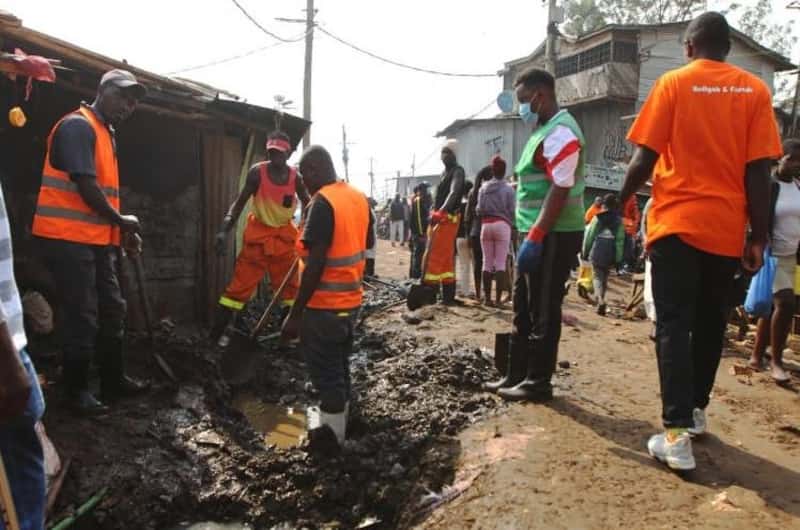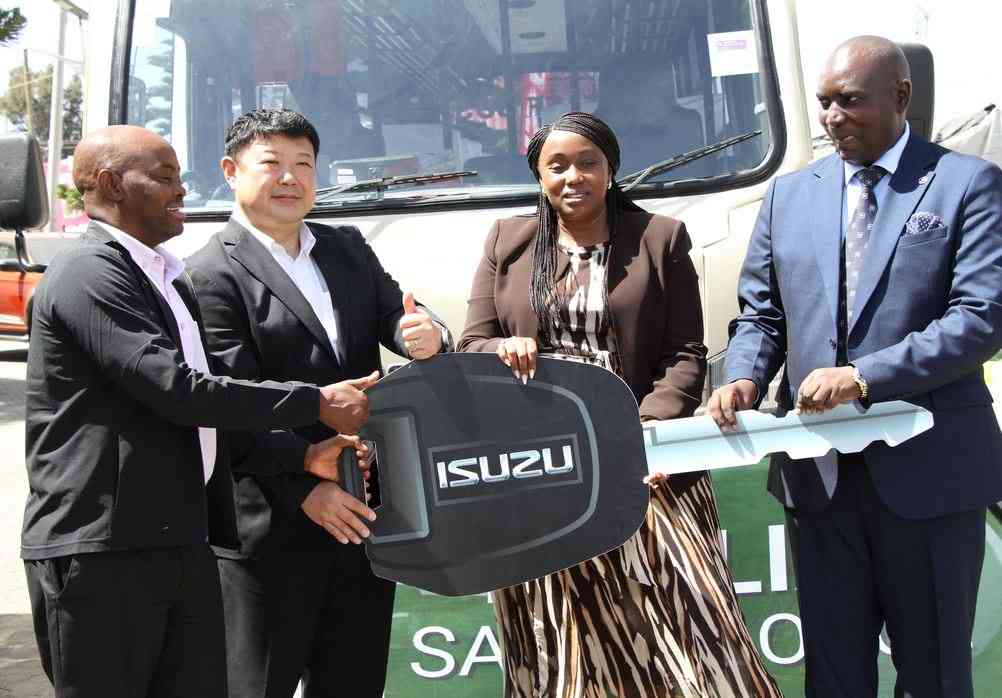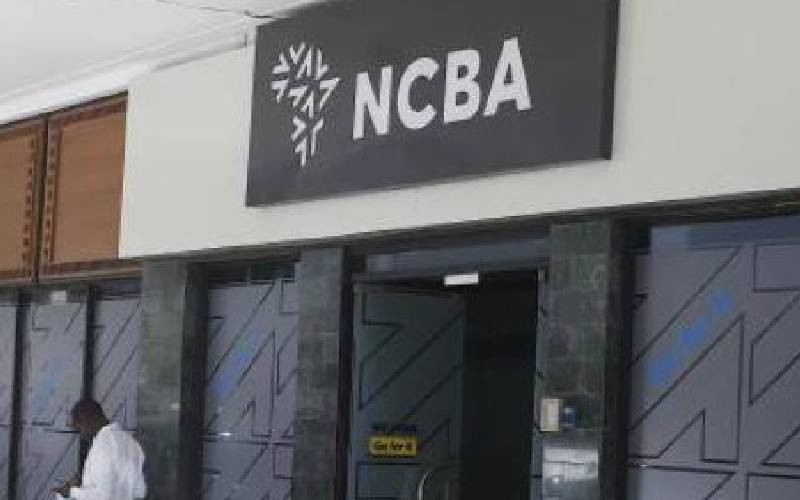
What is in a word, you may ask? A lot, I say. In fact, so much that it can become the symbol of a lot more than it otherwise denotes. Take the word 'wheelbarrow', for example. In Kenya, this word has recently become the talking point of earnest discussions on mainstream and social media platforms.
In one online picture, the wheelbarrow carries a bountiful harvest of fruits and vegetables for sale. At the same time, it replaces the graduation caps in what seems like a mockery of the degree the wearers just attained. What you see depends on where you stand.
While one faction of the political divide swears by the wheelbarrow's ability to transform the youth's lives from hustling to sustainable living, the other swears it is a mockery of Kenya's education system and intense skills that the youth possess.
They term it a metaphor for the giver's failure to come up with "real solutions" to the youth's challenges.
I think none of the two camps has any authority to lecture the other about the use, or lack thereof, of the wheelbarrow.
The Tangatanga adherents, led by DP William Ruto, seem to believe that giving wheelbarrows to the youth is the missing piece in the puzzle that is Kenya's youth empowerment. Well, it is not! Granted, a wheelbarrow has its use and has transformed many people's lives. From masons to fruit vendors, many small-scale businesses are established on a wheelbarrow.
However, to expect that every youth will find their life's meaning in a wheelbarrow is to expect too much. The youth in Kenya are incredibly skilled and talented in several areas. Different parts of the country present various opportunities for the youth. It is important to engage them in conversations that are more meaningful to understand their skill sets and interests and, consequently, the diversity in their trade tools.
Besides, there is more to starting and sustaining a business than just access to a handcart. Capacity-building, in both knowledge and other resources, is key. A lot more effort should build the capacity for our learning institutions to fully implement the learner-centered, skill-intensive competency-based curriculum to enable the youth to identify and sharpen their skills as early as possible.
On the other hand, those opposed to the wheelbarrow movement are, in my opinion, contradicting themselves. A clip of the launch of the National Hygiene Programme dubbed Kazi Mtaani initiative depicts what seems to be 'wheelbarrow-intensive' projects. The youth cut grass, collect and burn trash and unclog waterways. In one of the clips, the youth are seen pushing a cart filled with the trash.
While this initiative came in handy for many of the youth who were rendered jobless due to the Covid-19 pandemic, it is short term and does not have any sustainability measures in place. The presence of garbage and clogged waterways should worry Kenyans, given that there are government agencies charged with the responsibility of ensuring a clean environment. The Constitution clearly states that the State shall eliminate processes and activities likely to endanger the environment.
Proactive environmental management measures will ensure waste management laws and regulations, virtually guaranteeing every Kenyan their right to a clean environment. As it stands, the youth engaged in the Kazi Mtaani are merely duplicating other people's work. Besides, it can be discouraging for the younger children to see college graduates spending hours slashing grass and unclogging waterways rather than innovating new grass-cutting machinery.
The political narratives seem to be based on mere populist rhetoric that is not entrenched in ordinary people's real needs. Ironically, both Tangatanga and Kieleweke are singing the same song in different languages. While Tangatanga offers wheelbarrows as the solution to youth unemployment, Kieleweke rubbishes the handcart movement while still engaging in initiatives that require the youth to utilise the wheelbarrows in a seemingly unsustainable endeavour.
The youth are used in political activities that often deliver meagre short-term financial gains at the expense of sustainable livelihoods through quality education, respect for the rule of law and robust industries that ensure long-term skill utilisation through self and other employment avenues.
Dr Kalangi is a communication lecturer and trainer, Kenyatta University.







